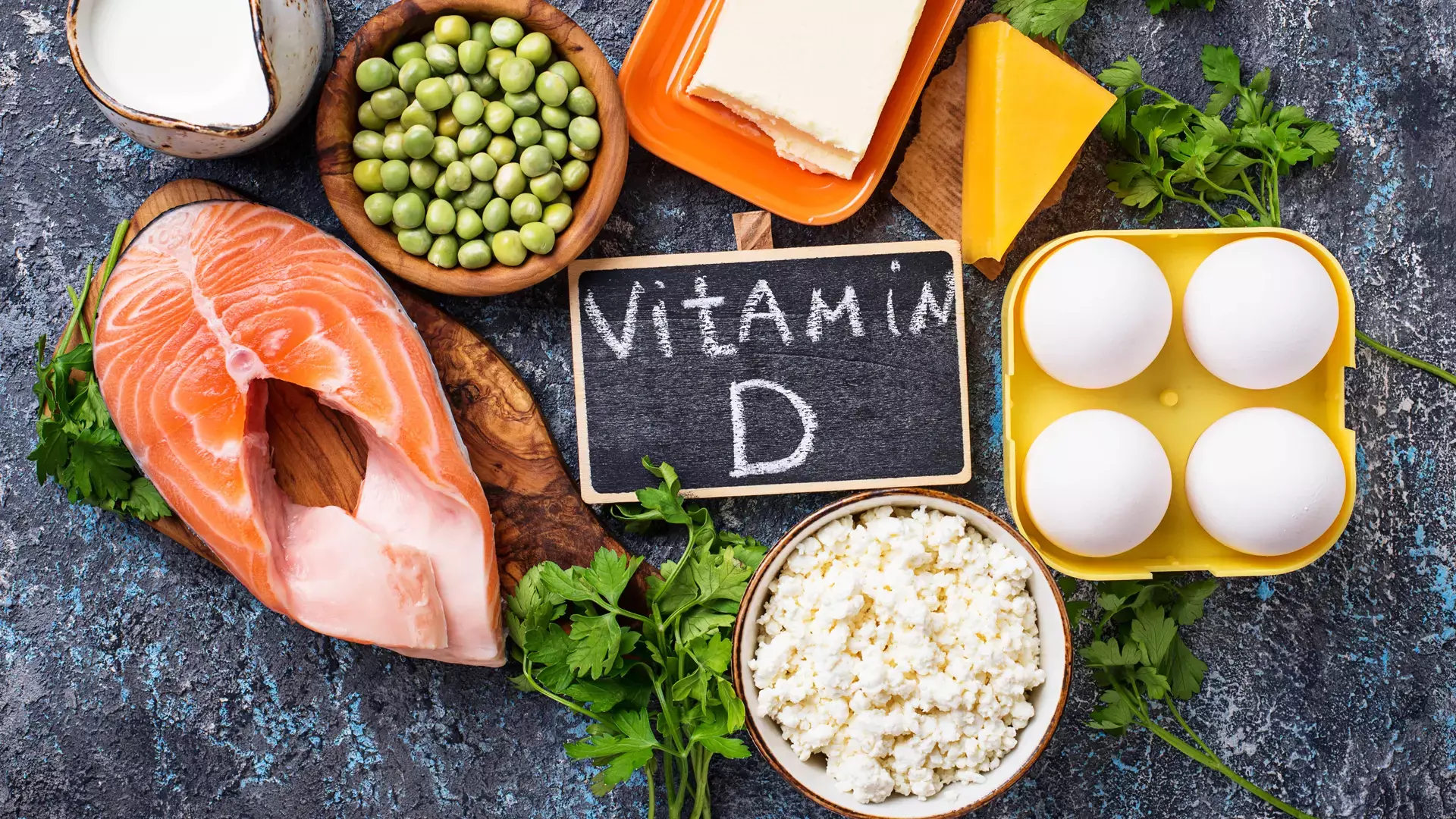- Home
- Medical news & Guidelines
- Anesthesiology
- Cardiology and CTVS
- Critical Care
- Dentistry
- Dermatology
- Diabetes and Endocrinology
- ENT
- Gastroenterology
- Medicine
- Nephrology
- Neurology
- Obstretics-Gynaecology
- Oncology
- Ophthalmology
- Orthopaedics
- Pediatrics-Neonatology
- Psychiatry
- Pulmonology
- Radiology
- Surgery
- Urology
- Laboratory Medicine
- Diet
- Nursing
- Paramedical
- Physiotherapy
- Health news
- Fact Check
- Bone Health Fact Check
- Brain Health Fact Check
- Cancer Related Fact Check
- Child Care Fact Check
- Dental and oral health fact check
- Diabetes and metabolic health fact check
- Diet and Nutrition Fact Check
- Eye and ENT Care Fact Check
- Fitness fact check
- Gut health fact check
- Heart health fact check
- Kidney health fact check
- Medical education fact check
- Men's health fact check
- Respiratory fact check
- Skin and hair care fact check
- Vaccine and Immunization fact check
- Women's health fact check
- AYUSH
- State News
- Andaman and Nicobar Islands
- Andhra Pradesh
- Arunachal Pradesh
- Assam
- Bihar
- Chandigarh
- Chattisgarh
- Dadra and Nagar Haveli
- Daman and Diu
- Delhi
- Goa
- Gujarat
- Haryana
- Himachal Pradesh
- Jammu & Kashmir
- Jharkhand
- Karnataka
- Kerala
- Ladakh
- Lakshadweep
- Madhya Pradesh
- Maharashtra
- Manipur
- Meghalaya
- Mizoram
- Nagaland
- Odisha
- Puducherry
- Punjab
- Rajasthan
- Sikkim
- Tamil Nadu
- Telangana
- Tripura
- Uttar Pradesh
- Uttrakhand
- West Bengal
- Medical Education
- Industry
Vitamin D bolus plus 1000 IU daily, effective repletion strategy in kids with SCD

Prevalence of vitamin D deficiency is high in children with sickle cell disease (SCD) with rates ranging from 56% to96%. On a previous trial by P. Gregoir Pelchat et al on "Vitamin D intake and status of children with sickle cell disease in Montreal, Canada", researchers reported a high rate of vitamin D deficiency (25(OH)D < 50 nmol/l) in children with SCD.
So, the researchers conducted another double-blind randomized controlled trial (RCT) comparing a single oral bolus of 300000 IU vitamin D3 with a placebo bolus to assess the efficacy of the supplementation to raise serum 25-hydroxyvitamin D [25(OH)D] to sufficient level (25(OH)D ≥ 75 nmol/l). They also assessed the safety of the intervention and collect exploratory data about the clinical impact of the vitamin D bolus. The trial details were published in British Journal of Haematology on November 10, 2020.
In the trial, 38 Children of age 5 to 17 years of all genotypes were randomly assigned to either a single bolus of vitamin D3 (300 000 IU; n = 18) treatment arm or placebo (n = 20) treatment arm. All children received a prescription for daily 1000 IU vitamin D3. The major outcome of the study was to raise 25(OH)D levels to sufficient level (25(OH)D ≥ 75 nmol/l) after three months. Serum 25(OH)D and other safety outcomes such as calcium, urinary calcium/creatinine ratio, musculoskeletal pain, quality of life, haematology and bone markers were assessed at baseline and three months post intervention.
At the end of the trial, researchers found Bolus administration of Vitamin D3 led to a greater rise in 25(OH)D levels from baseline compared to placebo and correction of vitamin D deficiency.
No hypercalcaemia nor hypercalciuria was reported. More children experienced Gastrointestinal symptoms in Vitamin D bolus group within the first month of trial and there were no differences between groups for other outcomes.
The authors concluded "The use of a high-dose vitamin D bolus combined with daily 1000 IU vitamin D3 was more efficient in raising 25(OH)D levels than daily supplementation alone in children with SCD"
For further information:
Dr Kartikeya Kohli is an Internal Medicine Consultant at Sitaram Bhartia Hospital in Delhi with super speciality training in Nephrology. He has worked with various eminent hospitals like Indraprastha Apollo Hospital, Sir Gangaram Hospital. He holds an MBBS from Kasturba Medical College Manipal, DNB Internal Medicine, Post Graduate Diploma in Clinical Research and Business Development, Fellow DNB Nephrology, MRCP and ECFMG Certification. He has been closely associated with India Medical Association South Delhi Branch and Delhi Medical Association and has been organising continuing medical education programs on their behalf from time to time. Further he has been contributing medical articles for their newsletters as well. He is also associated with electronic media and TV for conduction and presentation of health programs. He has been associated with Medical Dialogues for last 3 years and contributing articles on regular basis.
Dr Kamal Kant Kohli-MBBS, DTCD- a chest specialist with more than 30 years of practice and a flair for writing clinical articles, Dr Kamal Kant Kohli joined Medical Dialogues as a Chief Editor of Medical News. Besides writing articles, as an editor, he proofreads and verifies all the medical content published on Medical Dialogues including those coming from journals, studies,medical conferences,guidelines etc. Email: drkohli@medicaldialogues.in. Contact no. 011-43720751


